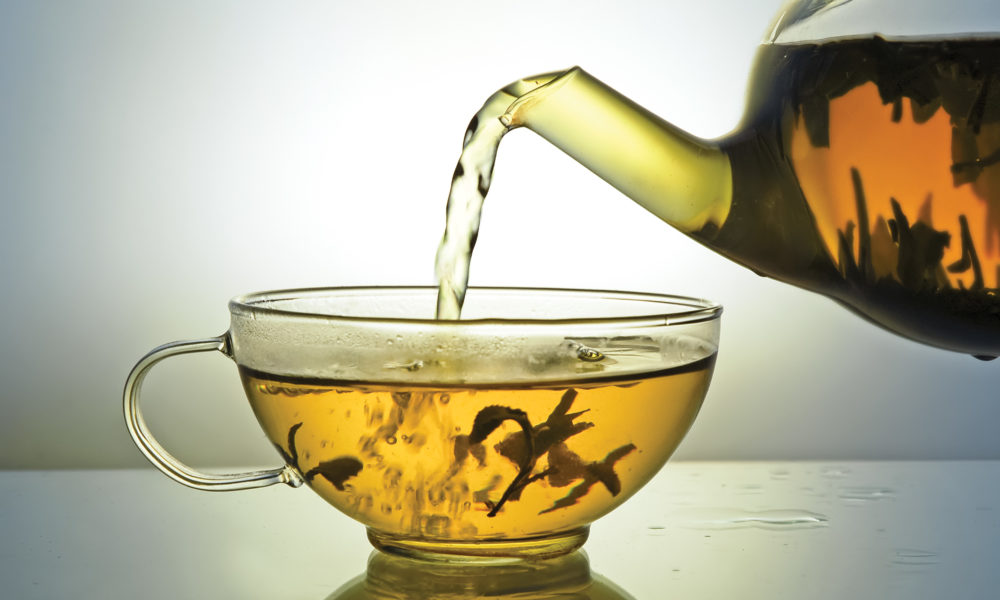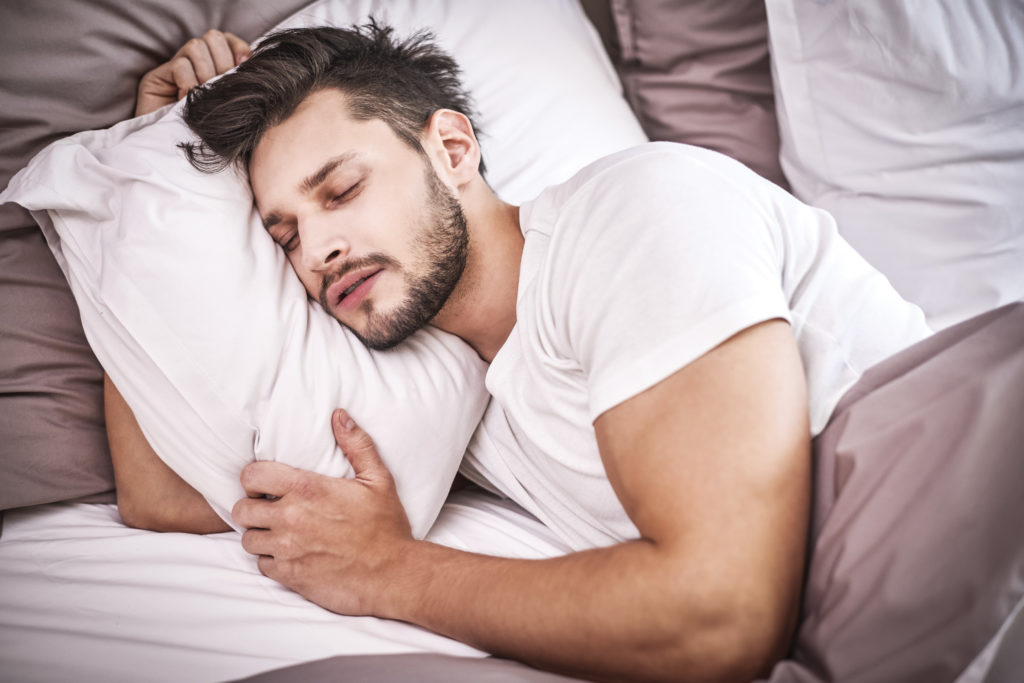

Green tea has been shown to fight cancer, decrease muscle soreness, and even aid fat loss. Swedish scientists recently sought to find how green tea might influence insulin sensitivity.
At the end of their research they found no significant effect, but they came across one surprising fact: All of their subjects felt fuller when they drank green tea with a meal. In the experiment, two groups consumed a small meal with a beverage. The first group drank water while the second group drank unsweetened green tea that contained 32 milligrams epigallocatechin gallate (EGCG) and 80 milligrams of caffeine. After 90 minutes, the green tea group felt significantly fuller and more satiated. Since green tea has also proven to help mobilize fat stores during exercise, a couple cups of the brew might be the perfect beverage when cutting calories in an effort to strip body fat.
Ultra Processed, Ultra Problems
Dietary experts can seem like a fractured group when it comes to opinions on a healthy diet, but from vegan to Paleo, one guiding principle is a common thread among them all: Eat whole foods, rather than processed ones. This wisdom was echoed in a study published in the online journal BMJ Open, which found that “ultra-processed” foods (foodstuffs that contain several ingredients and additives) make up more than half of all calories consumed in the US diet and contribute almost 90 percent of all added sugar intake. Health organization have unanimously concluded that intake of added sugars is linked to obesity, diabetes, and cardiovascular disease. However, only those Americans whose consumption of ultra-processed food was among the lowest 20 percent had a daily sugar intake that fell below the recommended level.

To Sleep, Perchance To Get Shredded
A good night of sleep is an underappreciated aspect of losing fat. It’s been shown that a lack of sleep stimulates appetite. In 2010, French researchers found that sleep-deprived people ate approximately 560 calories a day more than their well-rested counterparts, which adds up to about an extra pound a week.

More recently, American scientists tracked two groups of men who were placed on a calorie-restricted diet for two weeks. The first group slept for eight-and-a half hours a night while the second group slept for less than six hours. At the end of the experiment, both groups had lost the same amount of weight, but there was a major difference in their body composition. The group that slept fewer hours lost 55 percent less fat and 60 percent more lean body mass. When you’re on a diet, sleep serves several systems that help make getting lean easier, including protecting to your muscles.IM






















You must be logged in to post a comment Login